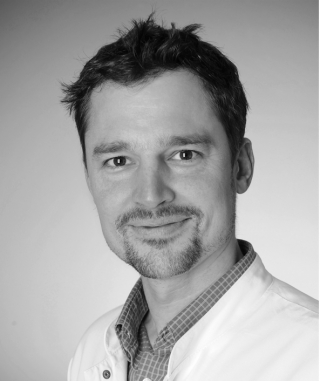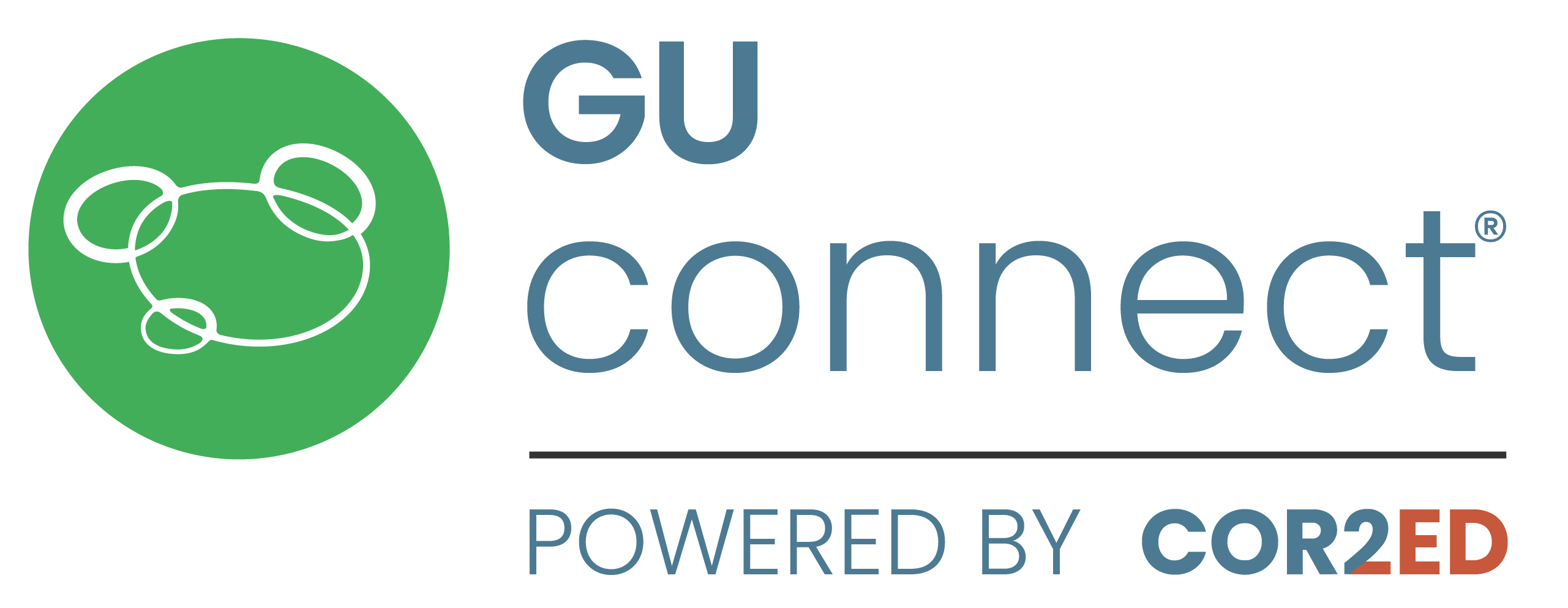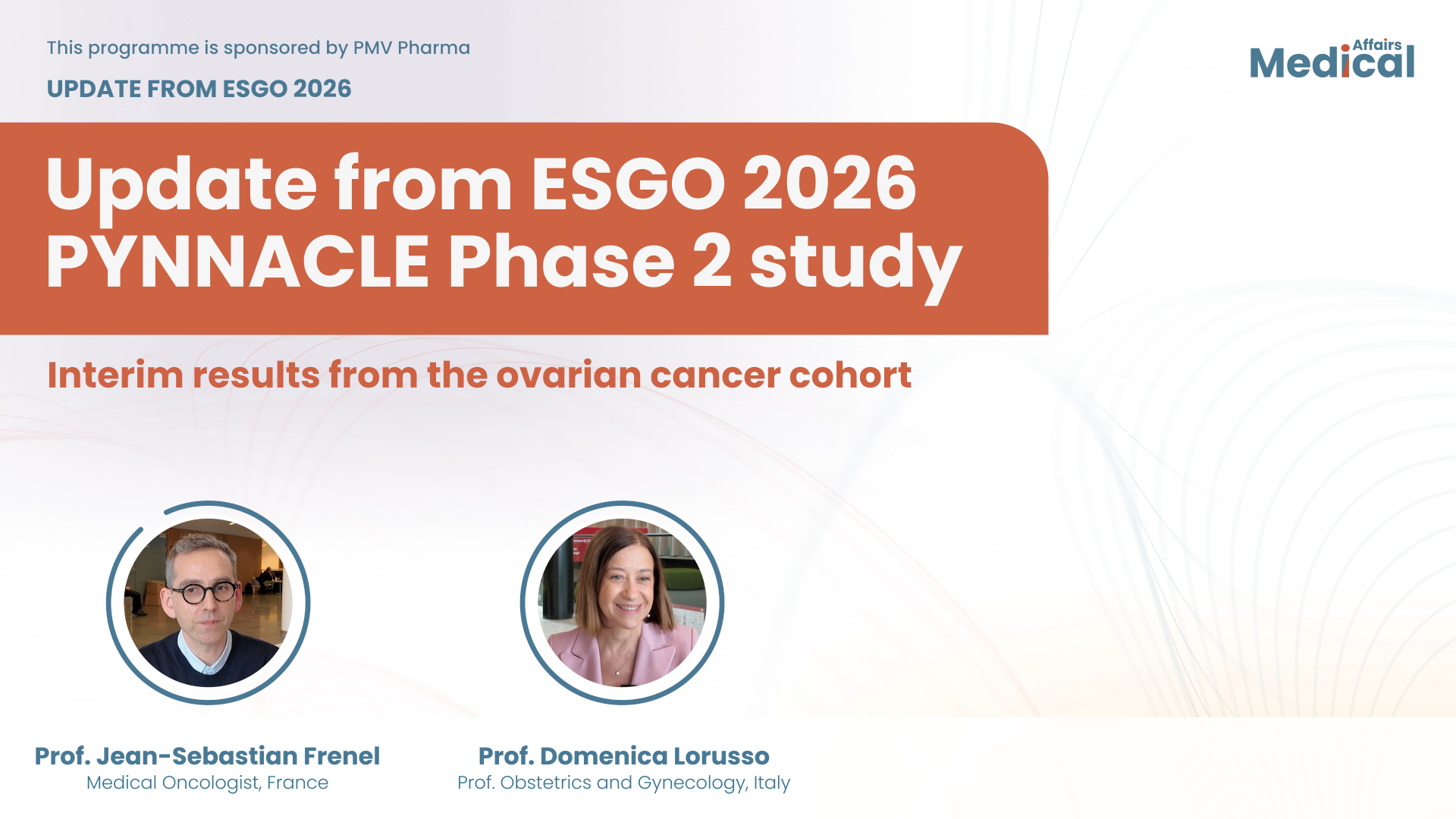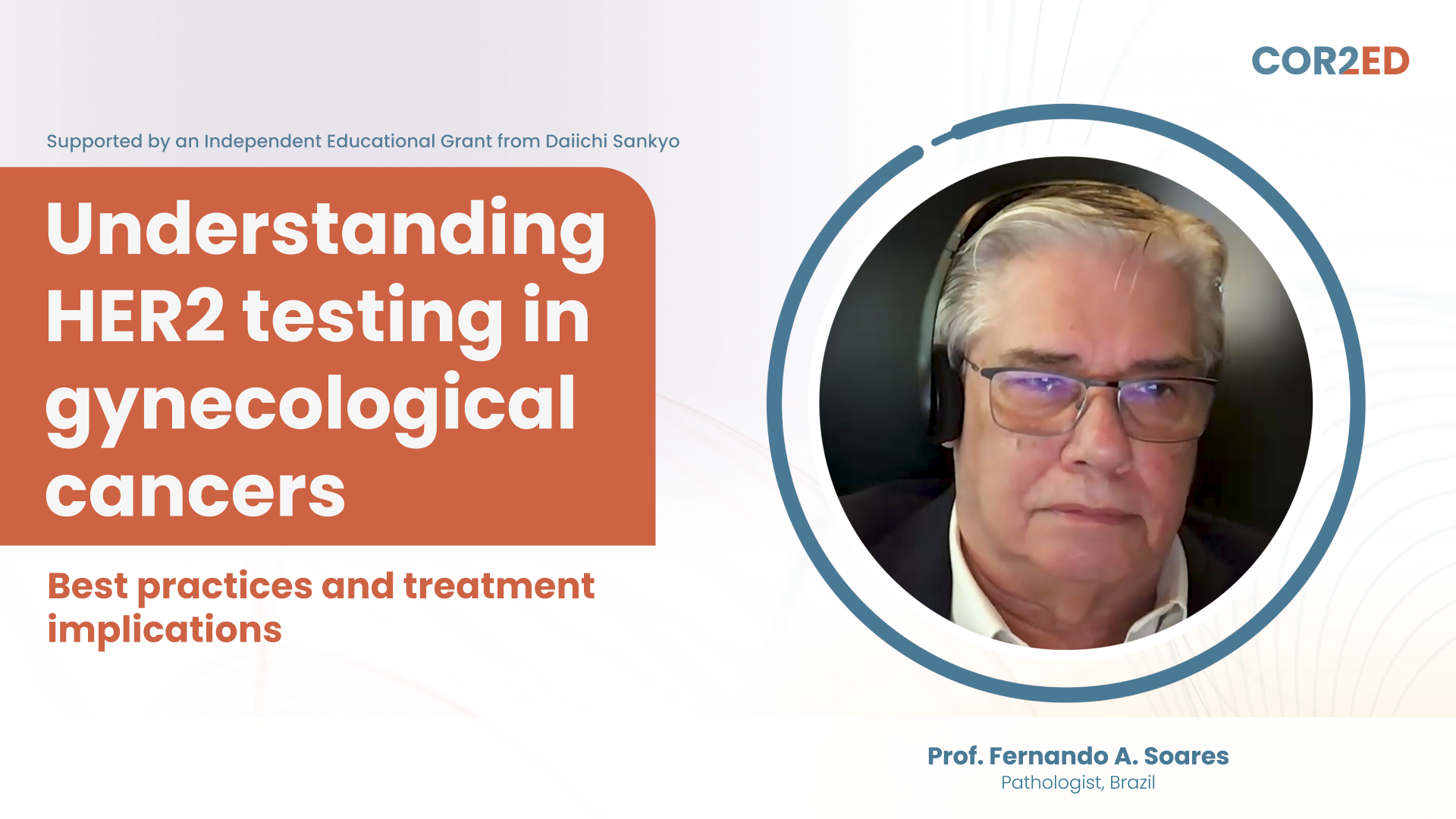Hello, my name is David Pfister. I'm a Urologist in the University Hospital of Cologne, Germany.
I'm here on behalf of the GU CONNECT Group to present the GU highlights of 2021.
Prostate Cancer
I just want to start with prostate cancer, and Professor Attard showed us another STAMPEDE analysis showing that the combination therapy of ADT radiotherapy and abiraterone acetate is significantly improved with regard to tumour response and overall survival compared to radiotherapy and androgen deprivation therapy alone. So this is one major point which will influence us in our future decision treatment finding. So we have another treatment option with an improved overall survival outcome.
The next trial, presented by Professor Fizazi, is the PEACE-1 trial. They are dealing with hormone-sensitive, initially metastasised prostate cancer, and they added to the standard of care from 2015, androgen deprivation therapy and a chemotherapy with docetaxel, again abiraterone acetate, and what the colleagues could highlight is that there is a significantly improved overall survival rate in the triple cocktail arm.
So again, we have here another trial showing us that intensified treatment in this cancer disease has an impact on overall survival.
In the different meetings we saw this year, the radionuclide therapy with PSMA-lutetium could demonstrate a significant improved tumour control and overall survival in patients in castrate-resistant disease.
We have the results from the TheraP trial, a phase two trial and from the VISION trial, a phase three trial first showing us that the tumour control and overall survival is significantly improved compared to cabazitaxel or standard of care in the VISION trial, but we could also see that the treatment is very well-tolerated and has significantly less negative side effects and is accompanied by a significantly improved quality of life.
Urothelial Cancer
The next tumour entity is urothelial cancer, and Professor Powles showed us the results from the EV-301 trial, highlighting that the enfortumab vedotin, compared to three different chemotherapy arms, has a significantly improved progression-free survival and overall survival rate.
The therapy, meanwhile, is FDA approved and at least in Europe and Germany, we have an early access programme in which we can implement patients after PD-L1 therapy, so we have a new treatment option in this very poor patient cohort, which has a clinical impact in this tumour stage.
Renal Cell Cancer
Finally, I want to finish with renal cell cancer. I just have to mention that with the CLEAR study, a phase 3 trial, we have another positive combination therapy with a PD-L1 antagonist and a TKI.
So, we have the fifth first-line treatment option in this patient cohort with metastases and actually to me, even more important is that we finally have a significant result in an adjuvant treatment in high-risk patients after nephrectomy and a high-risk for developing metastases, there we have the KEYNOTE-564 trial in which patients were offered pembrolizumab against surveillance and that we have a significantly improved tumour control with regard to progression-free survival. Right now, the data are still preliminary, so we have to wait till we have the overall survival dataset, but this is a very promising study, giving us the possibility to improve at least progression-free survival in this population cohort.
To me, these were the main points for the different tumour entities. I hope I could have caught your attention to these trials. Thank you very much.




 Downloadable
Downloadable  5 MIN
5 MIN
 Mar 2026
Mar 2026 





